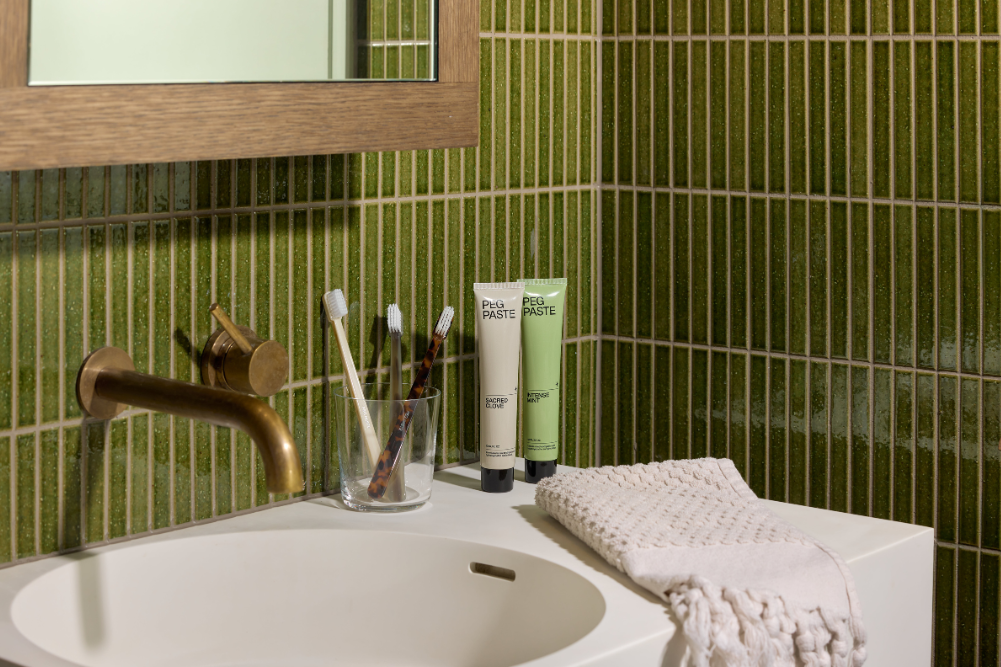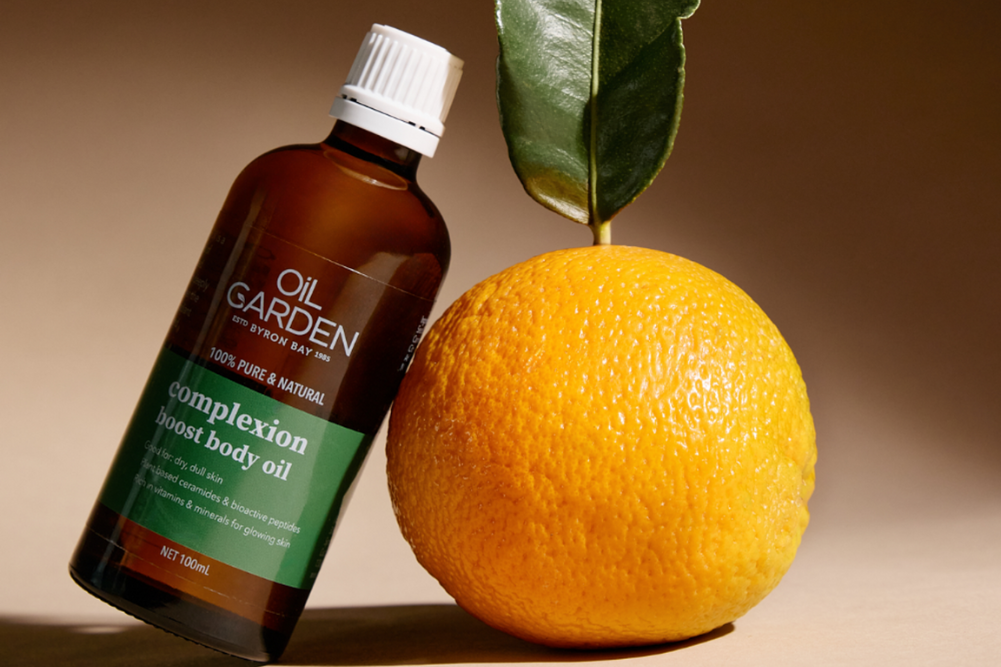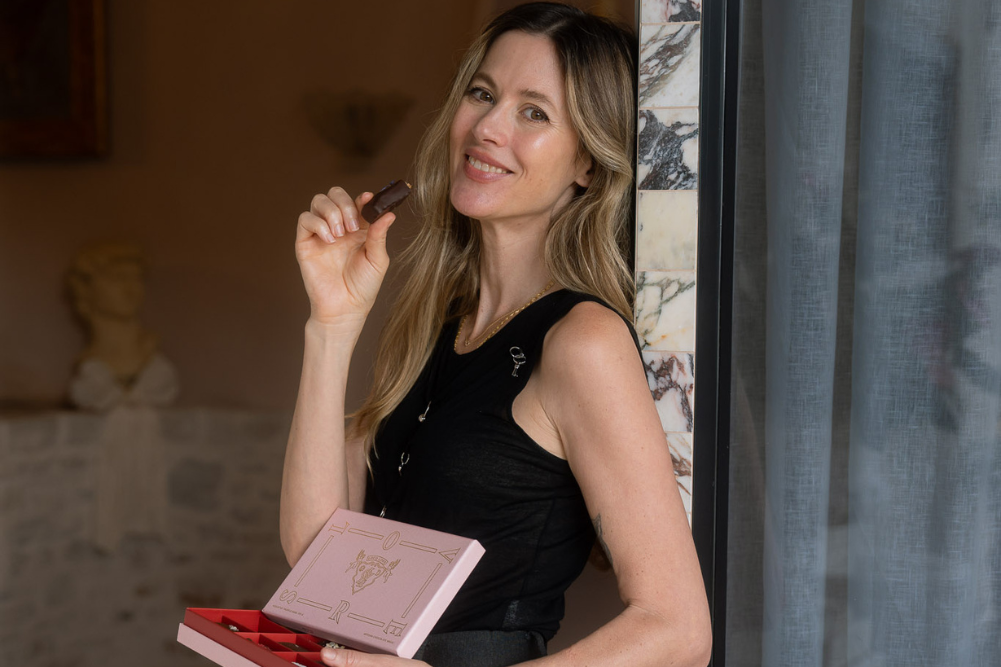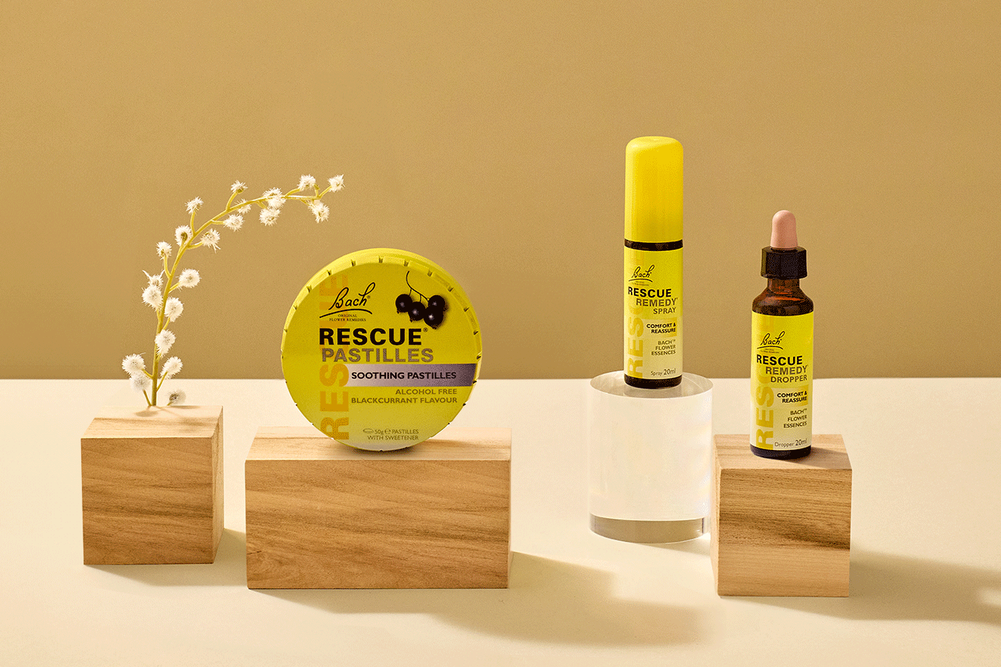A Q&A with the founders of The Jojoba Company
Ian Turner and his daughters Vicki Engsall and Wendy Widdicombe have combined their skills to build The Jojoba Company, a natural, proudly Australian skincare brand.
Jojoba isn’t a common crop in Australia. How did you hear about jojoba, Ian, and why did you start growing it?
I bought a property near Yendah, NSW, in 1996 to plant it with vineyards. It took about three years to get approval and by then it was obvious there was going to be an oversupply of grapes. So I started farming rice, wheat, canola, plums … and I went to an agricultural show and I saw this thing called jojoba in a NSW Ag caravan. I made some enquiries and thought, “We can do something with this. I’ll have a go.” I was among the first jojoba farmers [in Australia], but jojoba is grown in North America and South America.
What did you do with the jojoba you grew in the initial stages?
It took me 6–8 years to get a crop and when I got it I thought, “What on earth do I do with this?” I thought I’d sell it as an oil, then Vicki said, “It’s used in cosmetics a lot, but there’s no one in the world who’s been developing a range of cosmetics based around jojoba. Why don’t we do that?”
How did you discover the benefits of jojoba?
Vicki: I was on maternity leave from my job as a primary school teacher when Dad said, “I’ve got this jojoba and I don’t know what to do with it.” I knew what jojoba did. My husband and I had been trying to have a baby but nothing was working, so we went to a naturopath and turned to all things natural, which worked and I became a huge natural advocate.
I was using jojoba when I was pregnant because my naturopath had recommended it. I got it from Dad but I couldn’t find it in the stores except for in tiny bottles, which didn’t last long using it on a pregnant belly every day. Dad had been dealing with Chris Black, who had been selling and researching jojoba for years and knew all about its benefits. When my dad and I decided to start the company we brought Chris in as our resident jojoba expert.
How did the idea for starting up a skincare company come about?
V: We did market research and no one had heard of jojoba. We couldn’t believe that no one had taken jojoba, seen its benefits and developed a range around it. One of the main benefits of jojoba is that it carries nutrients into the skin, unlike most oils that sit on the surface. It’s just amazing for skincare.
A lot of natural products had jojoba in them but it wasn’t a major component, so we thought, well, let’s max out as much jojoba as we can in every single product. We were excited to bring to the world the benefits of jojoba. It’s healing for major skin conditions — we’ve seen it do such amazing things — and we wanted to develop an amazing skincare range as well.
What was the most challenging part of getting into the beauty products industry?
V: We had no experience in the Beauty industry. We had no contacts, we didn’t know the regulations, we didn’t know where to get a bottle, where to get a tube … The second challenge was marketing jojoba, something we believed in so much, to people who didn’t really know much about it.
How did you grow the business?
V: We spent a year developing the brand and products. We developed about 30 products to start with — another challenge. We’re now down to a core range of 24. Packaging was a big thing for us. A lot of natural products then were in these brown bottles, so we wanted to make our packaging sophisticated and beautiful. Our big launch was at the Sydney International Spa & Beauty Expo in late 2009. We got a lot of contacts and stockists through that and that’s when Wendy came on board, when we were ready to sell. We continued doing organic, natural and beauty trade shows and did a massive Cosmoprof in Hong Kong, through which we got a Japanese distributor and a Korean one. We then put on sales reps and did advertising.
Where are your products sold now?
V: We’re in England, New Zealand and the US and we’ve also still got our Japanese distributor.
Do you need to use any chemical inputs in your farming? If so, why might these be needed?
I: We do. Jojoba doesn’t have any pests or diseases, but we have to kill the weeds that grow between the rows, as we wouldn’t be able to get the beans out otherwise. We’ve got spray units with covers, so we don’t get the plants.
V: We’ve had our jojoba tested for any traces of chemicals and there’s nothing that gets into the jojoba. We can’t afford to pay to get people to pull the weeds out, like they do in Argentina. No one has been able to achieve organic jojoba in Australia.
How do you produce jojoba ethically while creating products on a commercial scale?
V: We don’t compromise on quality. Whenever we’ve developed a product, the formulators will ask, “What do you want this product to cost?” We’ll say, “What do you mean?” But that’s the way they normally do it — it’s all about cost. Eventually, we got the idea through that we want quality: we want beautiful, natural, ethical ingredients. Yes it’s more expensive, but we haven’t compromised on quality.
Where to next?
We’ve just launched our jojoba Ultimate and plan to develop an upmarket range to go with it while still keeping the products natural and ethical.








